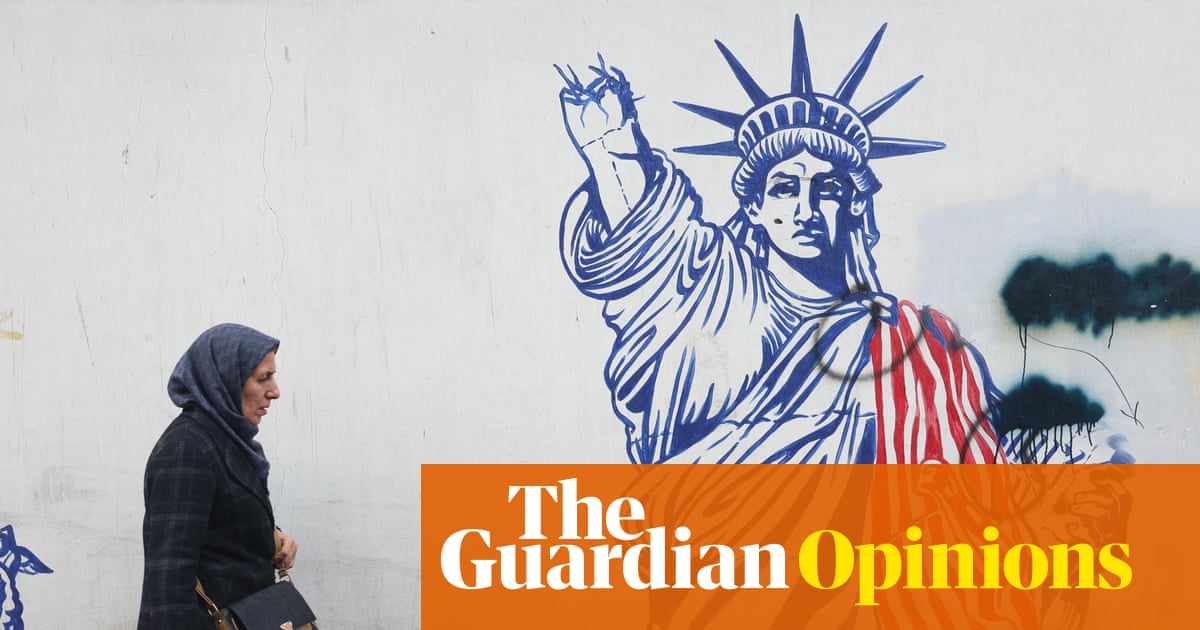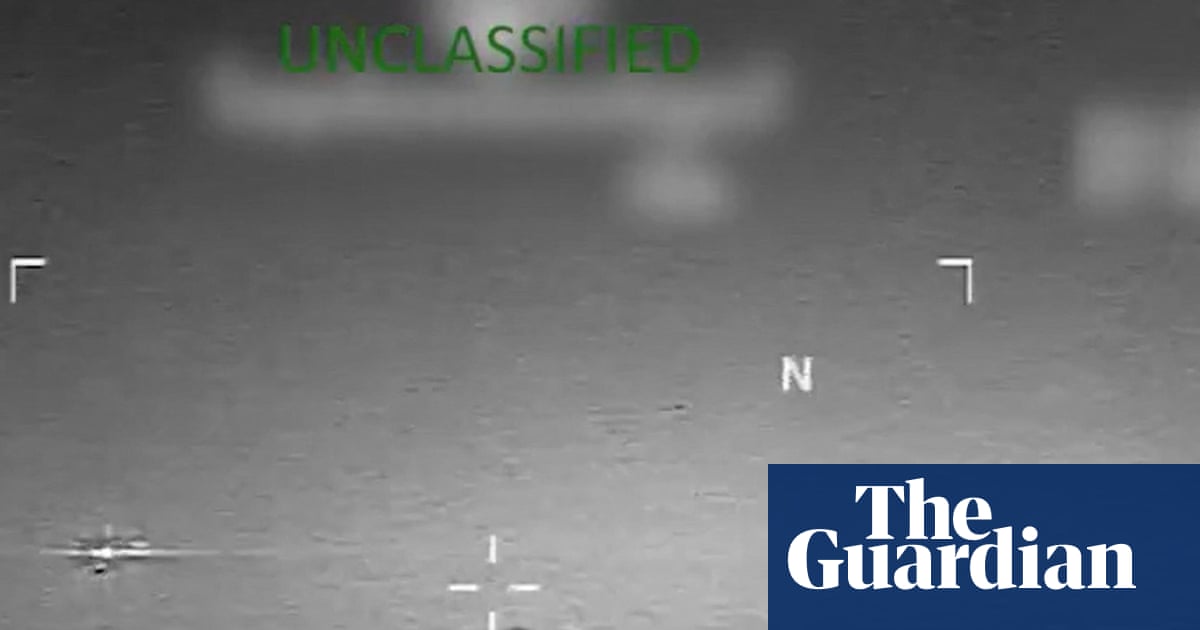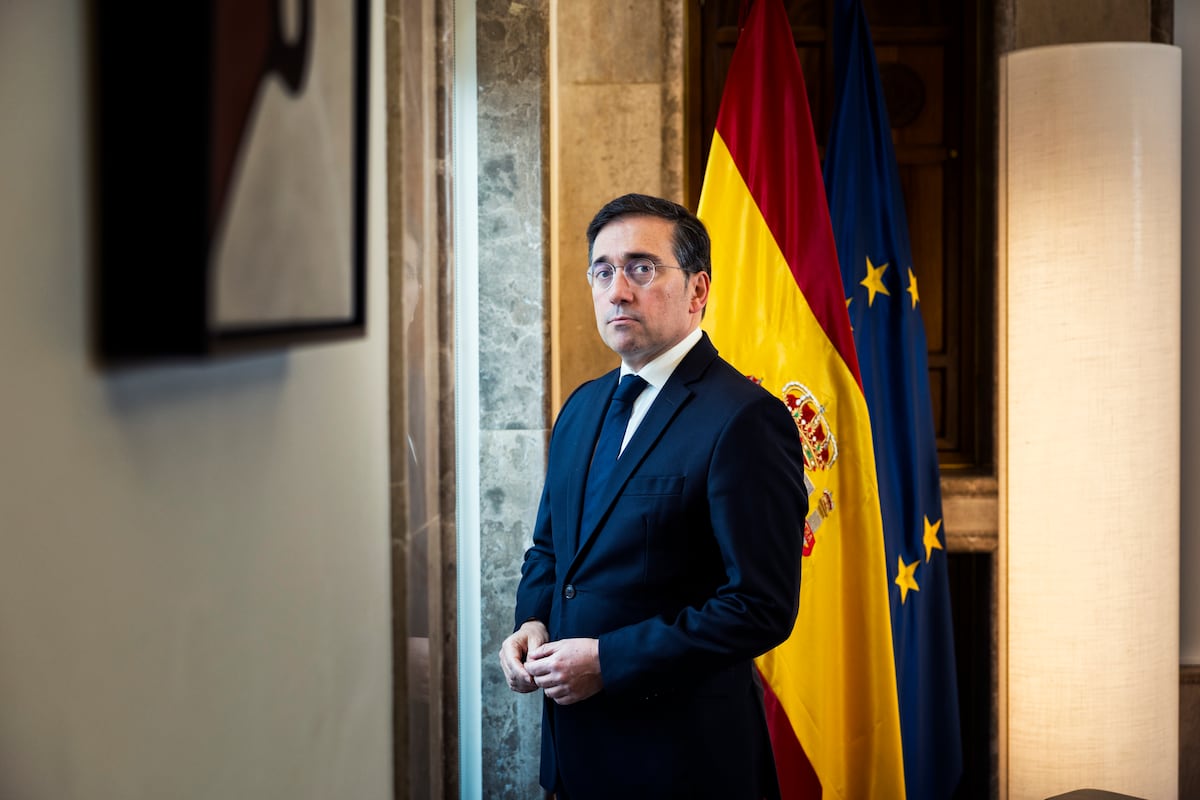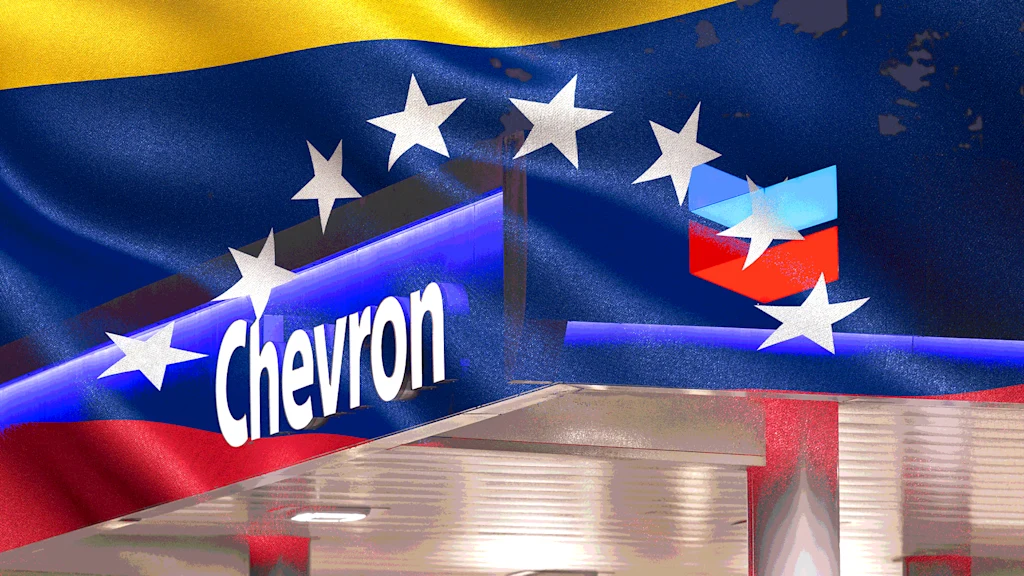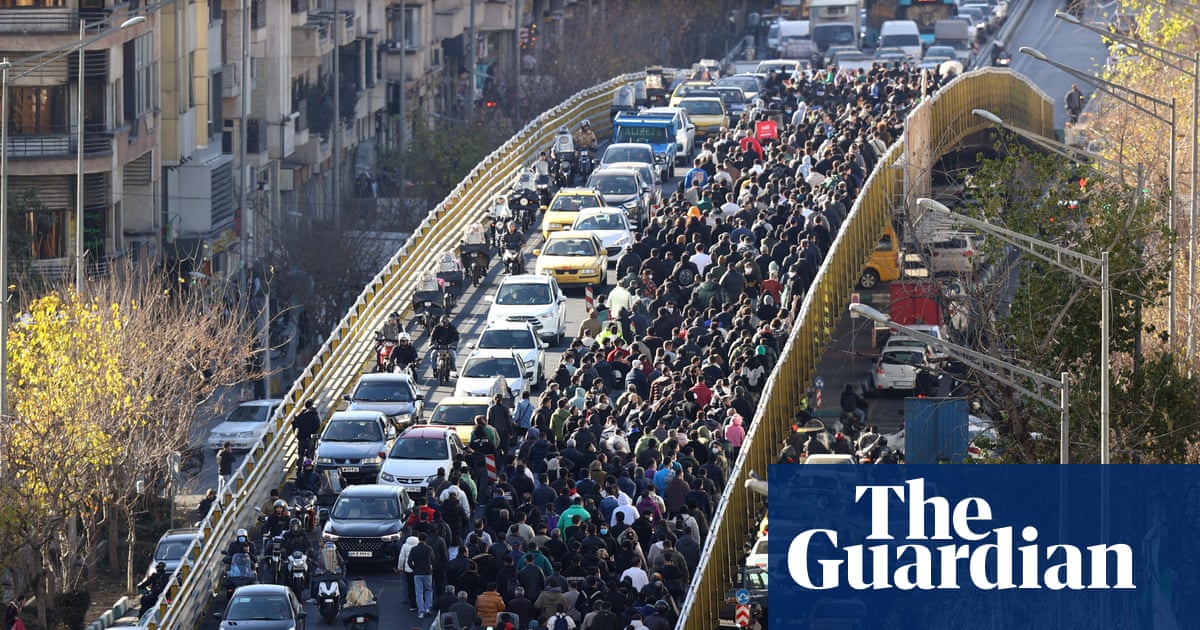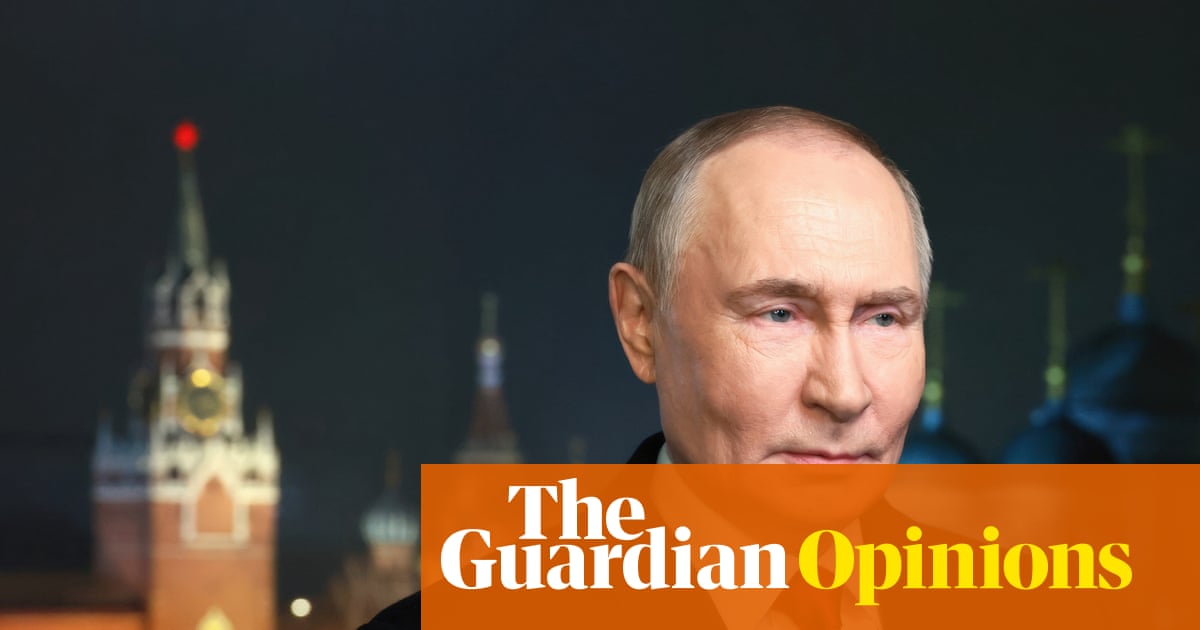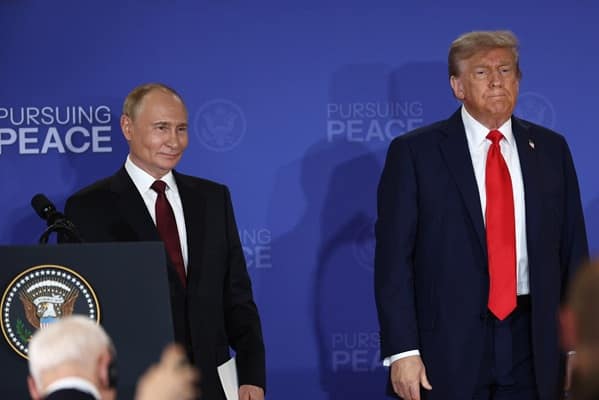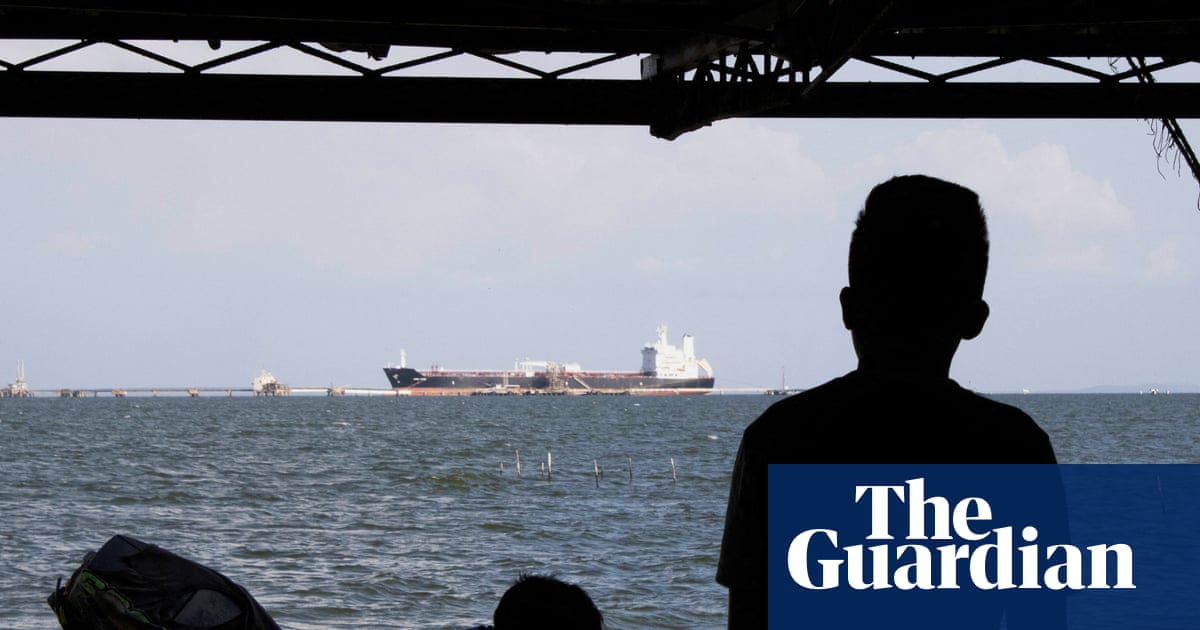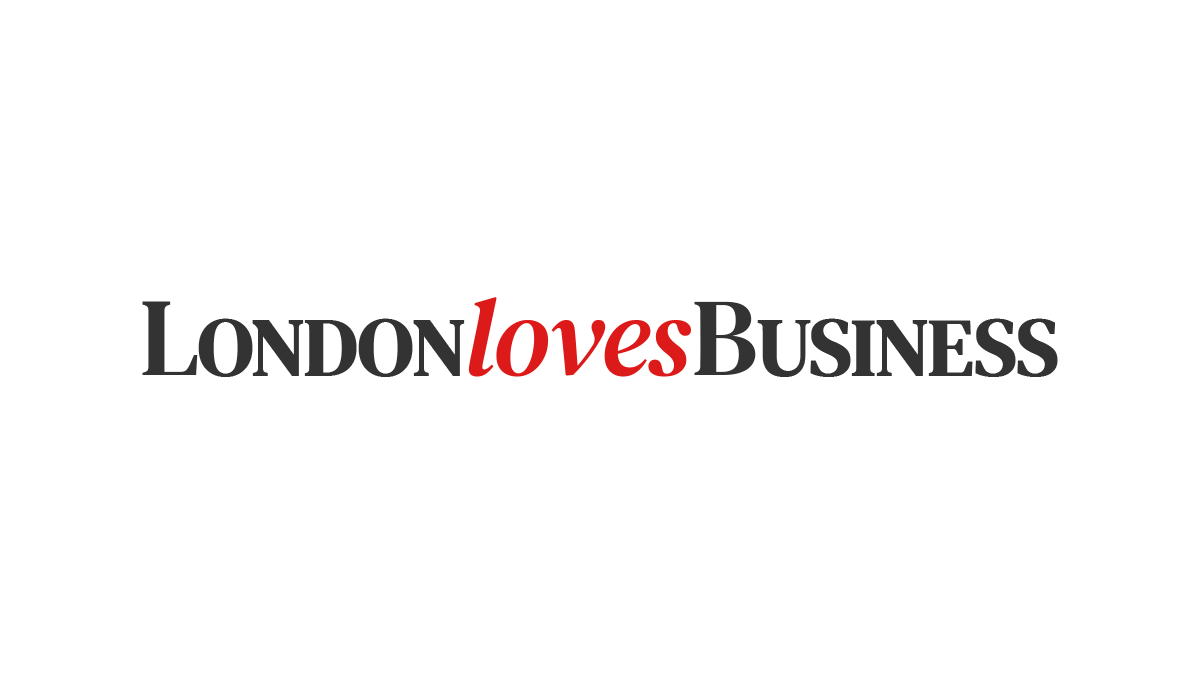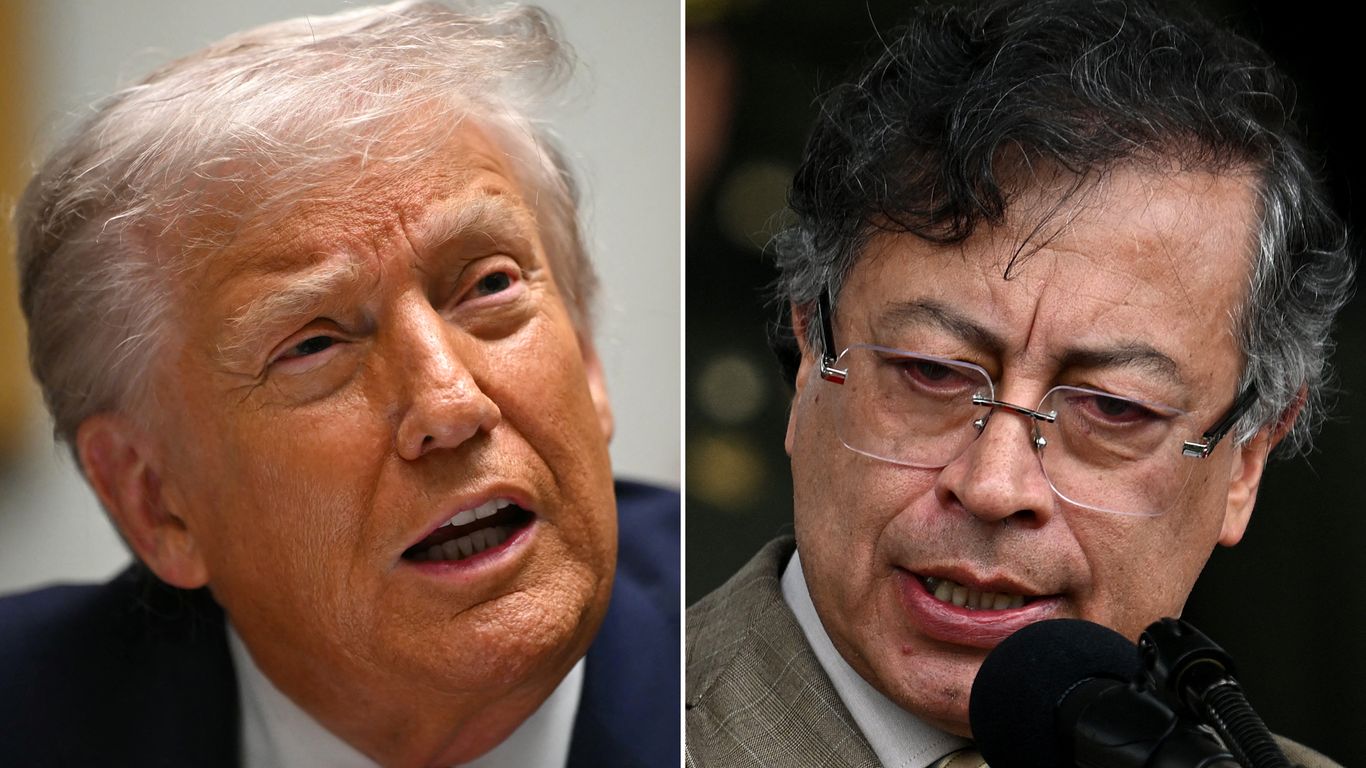#sanctions
#sanctions
[ follow ]
#venezuela #us-foreign-policy #iran #us-military #protests #russia #venezuela-oil #iran-protests #oil #inflation
fromLondon Business News | Londonlovesbusiness.com
9 hours agoEU reaches deal on Russian gas ban starving Putin of his blood money - London Business News | Londonlovesbusiness.com
"agreement is a long-overdue step toward dismantling one of the Kremlin's most powerful economic weapons. Every cubic meter of Russian gas kept flowing into Europe has helped finance the missiles that strike Ukrainian cities. This Regulation, if implemented without loopholes, brings Europe closer to honouring its promise to end this deadly dependency."
Miscellaneous
World news
fromBusiness Insider
1 week agoRussia could face costly write-offs in Venezuela on its oil assets and arms loans, think tank analyst says
US military action in Venezuela jeopardizes Russia's decades-long investments, oil and arms deals, and could deepen economic strain amid sanctions and weak oil prices.
fromwww.dw.com
2 weeks agoVenezuela launches talks with US to restore ties DW 01/10/2026
Venezuela and the United States have taken first steps towards restoring diplomatic ties after a dramatic US military raid led to the capture and ouster of Venezuelan ex-President Nicolas Maduroand his wife Cilia Flores last week. Venezuela said on Friday that it had launched talks with the US on reestablishing relations as a team of US diplomats and a security detail visited the South American country.
World news
UK politics
fromLondon Business News | Londonlovesbusiness.com
2 weeks agoUS threatens to sanction 'Starmer and Britain as a whole' if he bans X - London Business News | Londonlovesbusiness.com
US threatened personal sanctions against Keir Starmer and Britain if the UK bans X over AI tool Grok producing sexualized images of children and women.
fromBusiness Insider
2 weeks agoUS forces launched from the Navy's most advanced aircraft carrier to seize another blockade-breaking oil tanker
US Southern Command said in a statement that Marines and sailors, working in coordination with the Department of Homeland Security, launched from the aircraft carrier USS Gerald R. Ford and captured the tanker, Olina, "without incident." It appears to be the first time that the US has directly acknowledged the Ford's involvement in the five boarding and seizure operations that began in early December. However, the government has indicated that the carrier was used for at least one of the other missions.
World news
fromwww.aljazeera.com
2 weeks agoTrump backs bill to sanction China, India over Russian oil, US senator says
Graham's Sanctioning Russia Act, drafted with Democrat Richard Blumenthal, would give Trump the authority to impose a tariff of up to 500 percent on imports from countries doing business with Russia's energy sector. This bill will allow President Trump to punish those countries who buy cheap Russian oil fueling Putin's war machine, Graham said in a statement, referring to Russian President Vladimir Putin.
US politics
fromThe Nation
2 weeks agoThe US Is a Rogue State That Deserves to Be Sanctioned
The United States of America is a rogue nation, run by a violent criminal who operates outside the rule of law. The bombing of Venezuela and kidnapping of its president, Nicolás Maduro, so that he can stand for a show trial in New York, is a flagrant violation of international law. It is proof positive that the United States, under Trump, is the biggest "bad guy" on the international stage and should be treated accordingly.
World news
fromFortune
3 weeks agoPutin ally Alisher Usmanov agrees to pay $11.8 million fine to resolve German federal probe | Fortune
German prosecutors say they will drop an investigation of Russian oligarch Alisher Usmanov, a close ally of President Vladimir Putin, over possible breaches of sanctions and money laundering rules after he agreed to pay a 10 million euro (about $11.8 million) fine. The Uzbekistan-born Russian billionaire and metals magnate, who was reelected as the president of the International Fencing Federation last year, has been facing European Union sanctions imposed after Russia's full-scale invasion of Ukraine in 2022.
Germany news
World news
fromFortune
4 weeks agoRussian official warns a banking crisis is possible amid nonpayments. 'I don't want to think about a continuation of the war or an escalation' | Fortune
Falling energy revenue, tighter sanctions, depleted reserves, tax hikes, high interest rates, and rising unpaid wages are straining Russia's financial system and raising banking-crisis risks.
World news
fromFortune
1 month agoAnduril founder Palmer Luckey is among the U.S. defense execs and companies sanctioned by China over arms sales to Taiwan | Fortune
Beijing sanctioned 20 U.S. defense companies and 10 executives, froze their China assets, and barred dealings in retaliation for U.S. arms sales to Taiwan.
fromBitcoin Magazine
1 month agoRussia Cracks The Door To Bitcoin For Retail Investors
The Bank of Russia has set out a new framework to regulate cryptocurrencies, proposing tiered access that would allow everyday investors to buy digital assets alongside professional market participants, while maintaining tight controls on risk and usage. In a concept paper released Tuesday and submitted to the government for review, the central bank said both qualified and non-qualified investors would be permitted to acquire crypto assets, but under different rules, limits and testing requirements.
Cryptocurrency
World politics
fromBusiness Insider
1 month agoRussia's wartime economic relationship with China is critical, but an 'embarrassing reversal': think tank
Sanctions force Russia to rely on China, making Russia a junior partner while China gains leverage by buying discounted oil and supplying high-tech goods.
fromwww.dw.com
1 month agoHow the battle against Asian scam networks went global DW 12/16/2025
A trial got underway in Seoul last week for 46 South Koreans, mostly men in their 20s, accused of participating in online scam operations in Cambodia. Since mid-October, South Korea has repatriated 107 nationals from Cambodia where officials estimate upwards of 1,000 of its citizens are working either "voluntarily or involuntarily" in scam compounds. The repatriation effort follows public outrage over the death of a South Korean college student, who was reportedly lured to Cambodia and forced to work in a scam center.
World news
fromwww.bbc.com
1 month agoRussia poses acute threat, new MI6 chief to warn
The new chief of MI6, Blaise Metreweli, will warn of "the acute threat posed by Russia" when she makes her first public speech later. She will highlight so-called hybrid warfare, which includes incidents such as cyber attacks and drones suspected of being launched near critical infrastructure by Russian proxies. Ms Metreweli will describe this as "an acute threat posed by an aggressive, expansionist and revisionist Russia".
UK politics
World news
fromwww.independent.co.uk
1 month agoYvette Cooper issues sanctions against Russia amid information warfare'
UK sanctions target Rybar and other Moscow-linked organisations for state-backed information warfare spreading disinformation; independent journalism seeks donations to sustain on-the-ground reporting.
[ Load more ]


